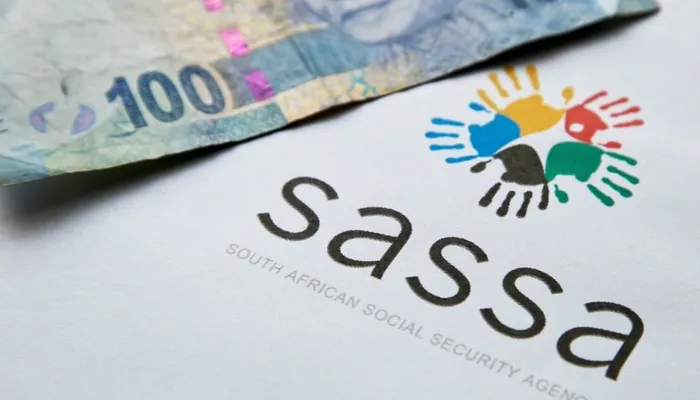Sassa and Postbank stalemate passed back to the Presidency

Sassa has long stated that the termination of the Master Services Agreement will not affect beneficiaries.
Image: File
The stalemate between the South African Social Security Agency (Sassa) and the Postbank over the former's stipulation of a three-month extension of a Master Service Agreement (MSA) affecting about 3 million beneficiaries has to go back to the Presidency after as tensions heat up between the two entities.
This is as the Department of Planning Monitoring and Evaluation (DPME) cited by both parties in the dispute as a mandated mediator referred to the appointment of an inter-Ministerial Committee (IMC) to the Presidency, suggesting the mediation process has not begun.
DPME Ministerial spokesperson Litha Mpondwana referred responses to the Presidency as the establishment of inter-governmental committees was the prerogative of the Presidency.
"The DPME has been involved in intergovernmental relations processes, which seek to facilitate the optimal provision of social grants to beneficiaries," Mpondwana said.
Sassa's senior manager for Media Relations Andile Tshona said the entity stood fast on its decision on the three-month extension of the MSA.
"Sassa determined the three-months extension. You would recall that Sassa had given a termination notice of 18 months, which was set to come into effect on 30 September 2025. The three-months extension of the termination notice was to give the executive authority time to deliberate on the issues from both entities.
"Sassa has long stated that the termination of the Master Services Agreement will not affect beneficiaries," Tshona said.
Last week, Sassa announced a three-month extension to the notice period for the termination of the MSA with Postbank, saying the move would provide “time and space” for the executive authority to deliberate on issues between the two entities and offer guidance.
However, Postbank maintains that the decision undermines a presidential directive made after a high-level government meeting, where it was agreed that an IMC would be established to resolve the dispute.
The Postbank maintains that the existing agreement should remain in force until the IMC is formally constituted and has deliberated on the matter.
“This brings certainty and reassurance to millions of social grant beneficiaries who will continue to use their Postbank black cards and Sassa gold cards with confidence, enjoying uninterrupted access to their grants and associated banking benefits,” the bank said before Sassa announced its three-month determination.
Postbank CEO, Nikki Mbengashe, said the bank requested the creation of the IMC because the MSA itself was established through a Cabinet process, and only a similar mechanism should decide its future.
“While Postbank welcomes the shift from the initial 30 September 2025 deadline, it remains deeply concerning that Sassa has again chosen to impose a notice of termination—this time, three months,” Mbengashe said.
“In our view, no such notice should have been issued at all. It should be retracted to allow the IMC process to run its proper course. To both issue a notice and unilaterally determine its timeframe undermines the fairness and integrity of the dispute resolution process.”
She added that questions regarding the IMC’s establishment, timelines, and terms of reference should be directed to the government, which is responsible for convening the committee.
“Postbank, for its part, welcomes the opportunity to present its case before the IMC—on behalf of the three million beneficiaries it currently serves directly, and in essence, all social grant beneficiaries across South Africa,” Mbengashe said.
President Cyril Ramaphosa’s intervention follows a North Gauteng High Court ruling that dismissed Postbank’s urgent bid to halt the termination of the MSA, citing a lack of urgency.
Sassa initially issued a six-month notice of termination in December 2023, citing a breakdown in the relationship with Postbank and alleging non-compliance with contractual obligations.
Postbank, which is paid a set fee by Sassa in a clawback arrangement, insists it is acting not only in its own interest but also to protect millions of social grant recipients who may be forced to pay commercial banking fees for services such as balance enquiries, mini-statements, and card replacements if the contract ends.
BUSINESS REPORT